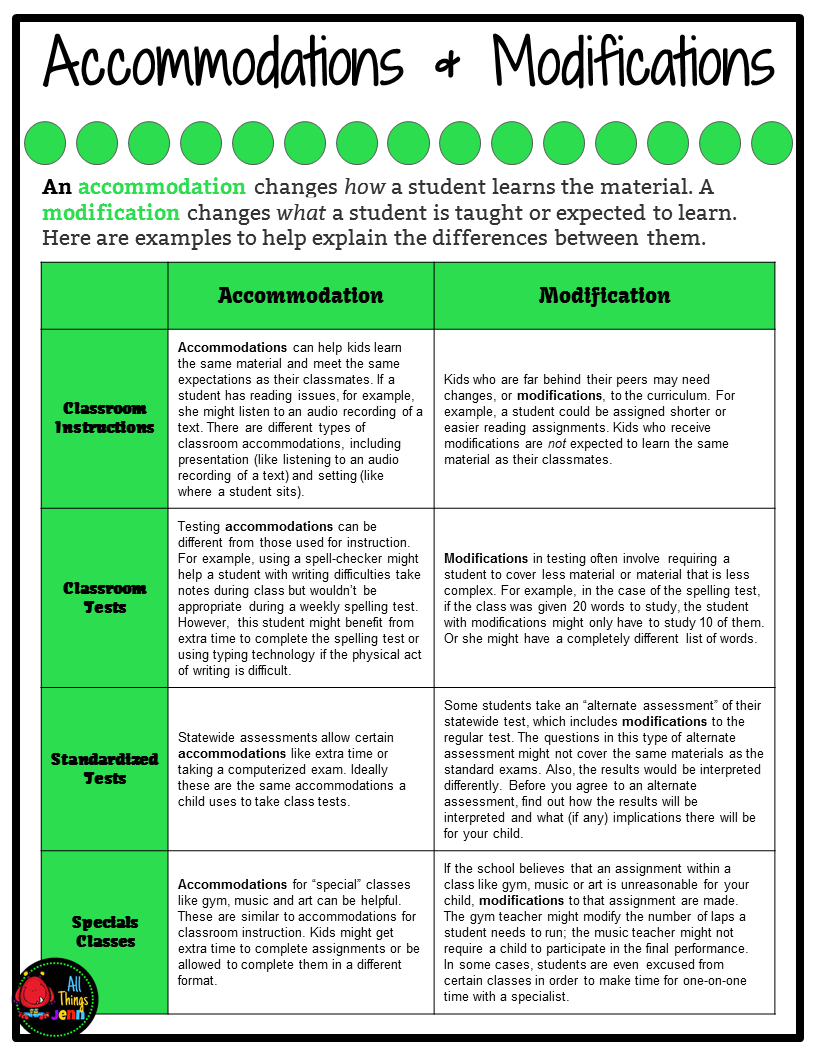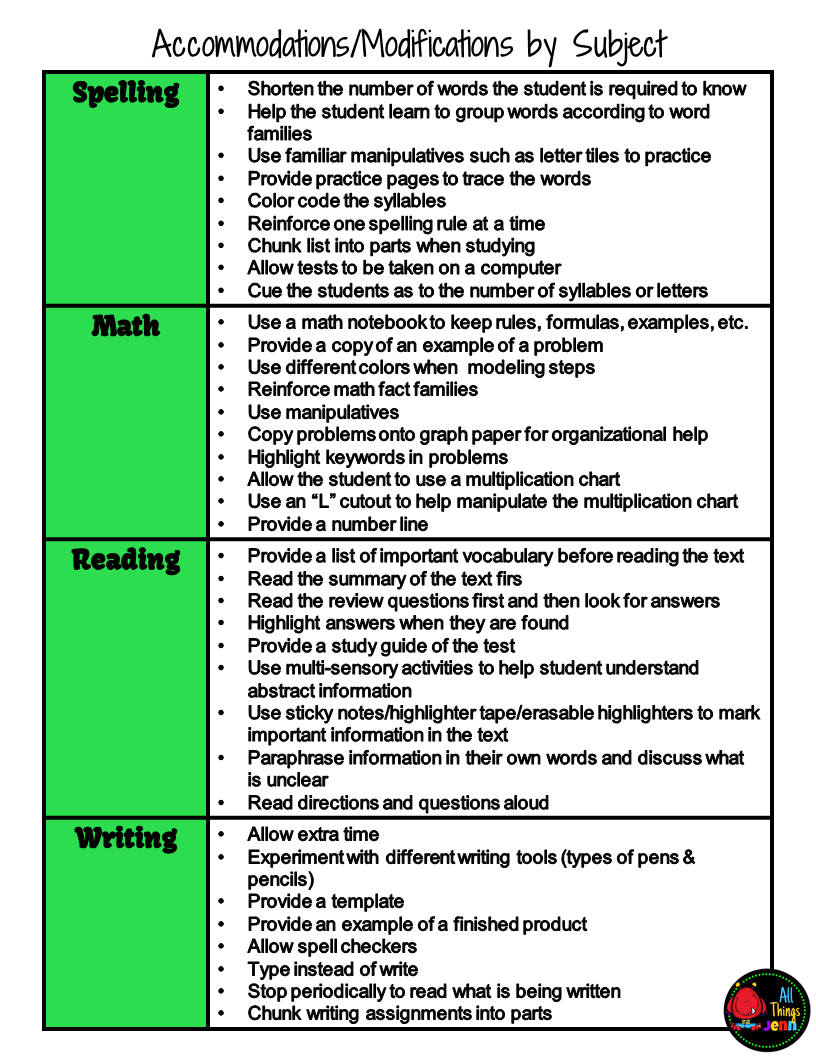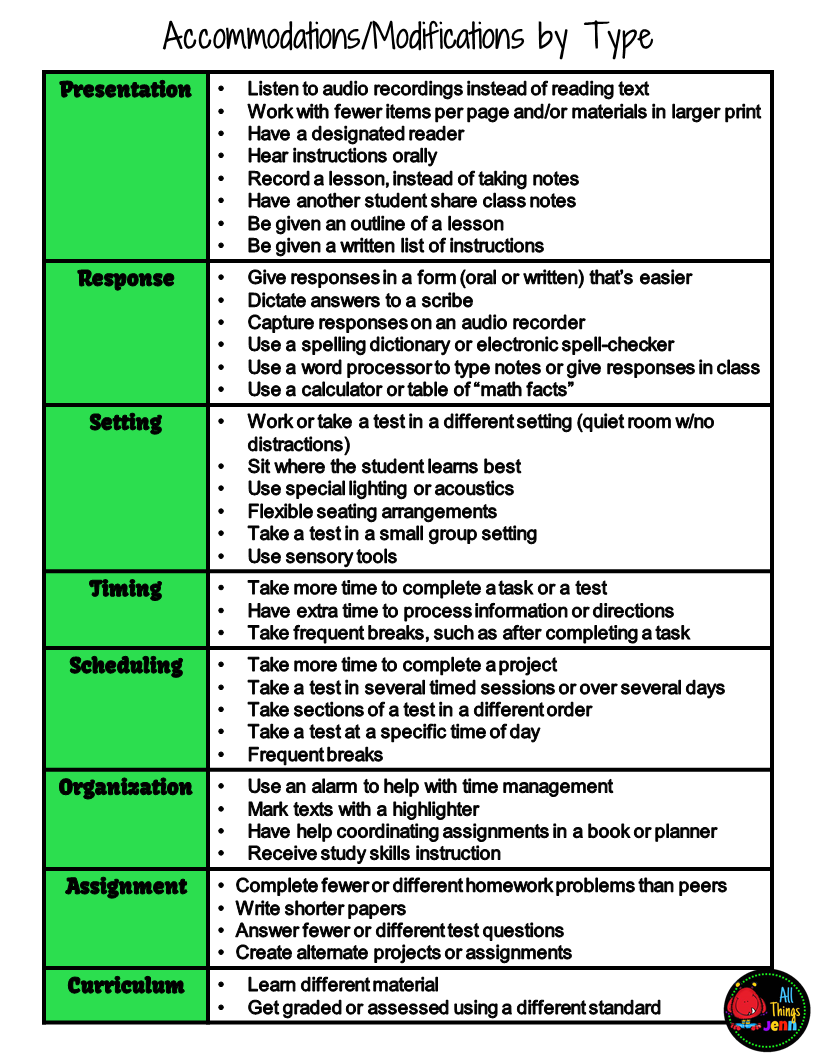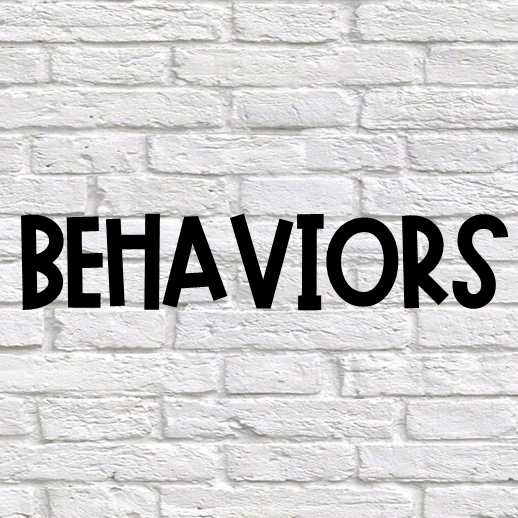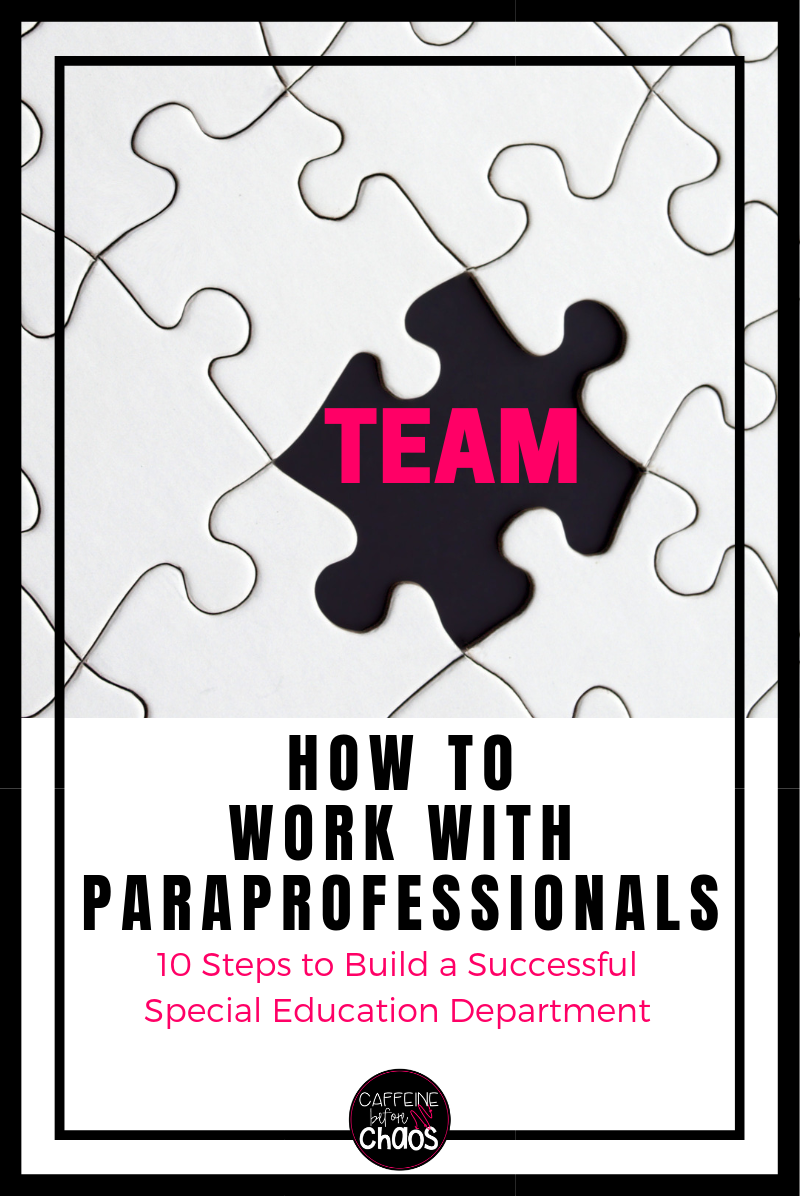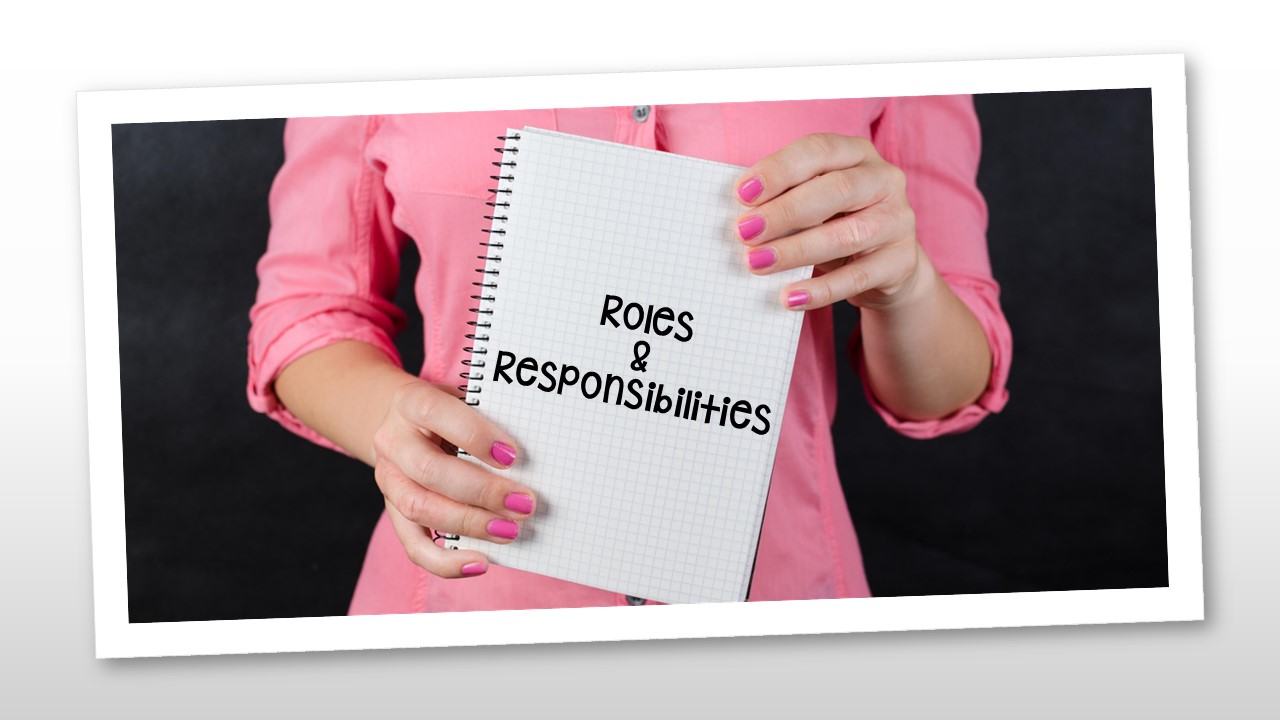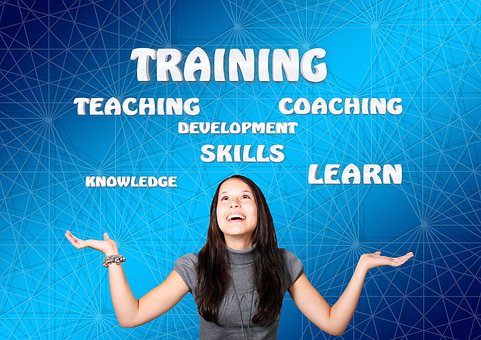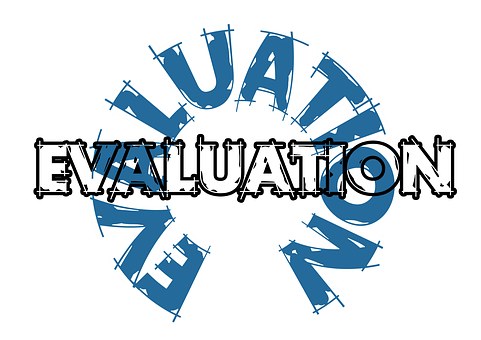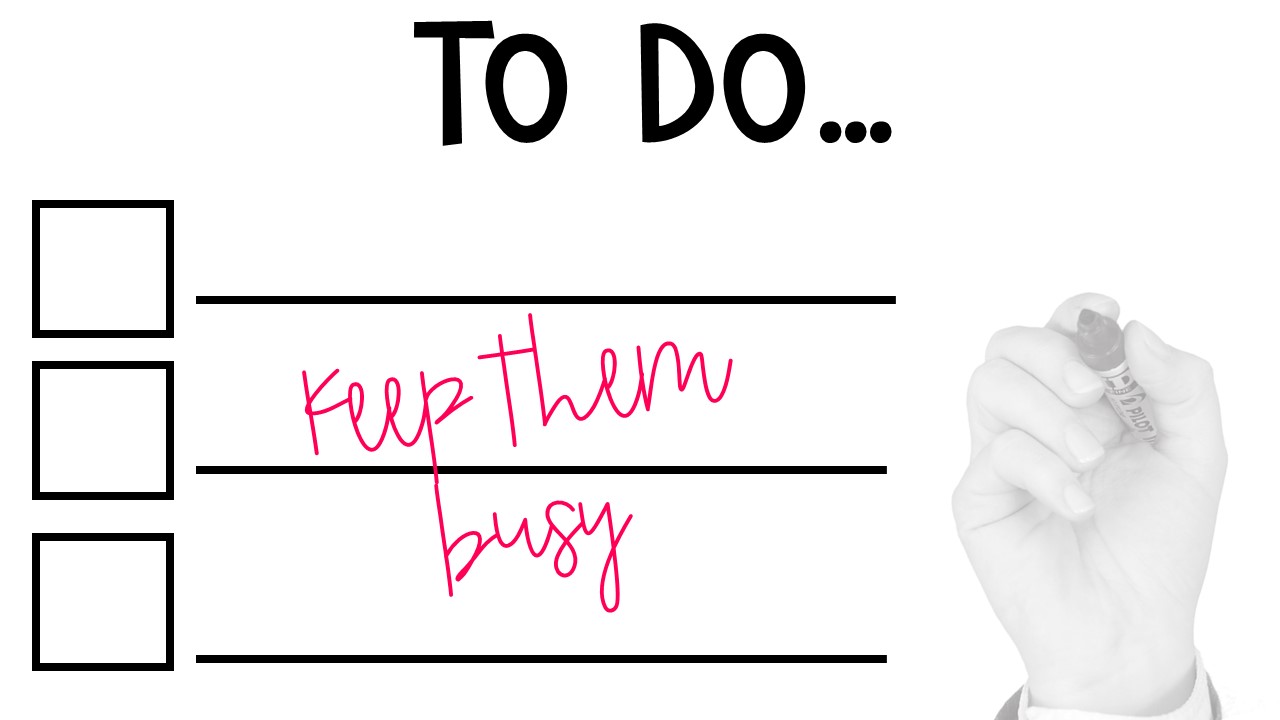Step 9: Give them choices
At the beginning of every school year, I have my paras complete a survey asking for input on what types of things they like to do and what things they shy away from. For example, not everyone likes going on field trps. Some paras have no problem with toileting and vomit which others would rather not engage in those tasks. Younger students might be somebody’s jam while the older kids scare the heck out of them. I know...I know...It’s not always possible to make everyone happy all the time, but letting them have little wins helps create a sense of Team which goes a long way in having a productive working environment.
If you only have 1 para, being a team player yourself will help build trust. Never ask your paras to do something you are not willing to do yourself.
It is not enough to evaluate someone and give them a sheet of paper. Paras need specific feedback about what is going well and what needs improved upon. There needs to be opportunities for dialogue about how things are going, what training needs they may have or schedule conflicts that might have come up. Communicating on a regular basis is a hughe key in having an effective team approach.

